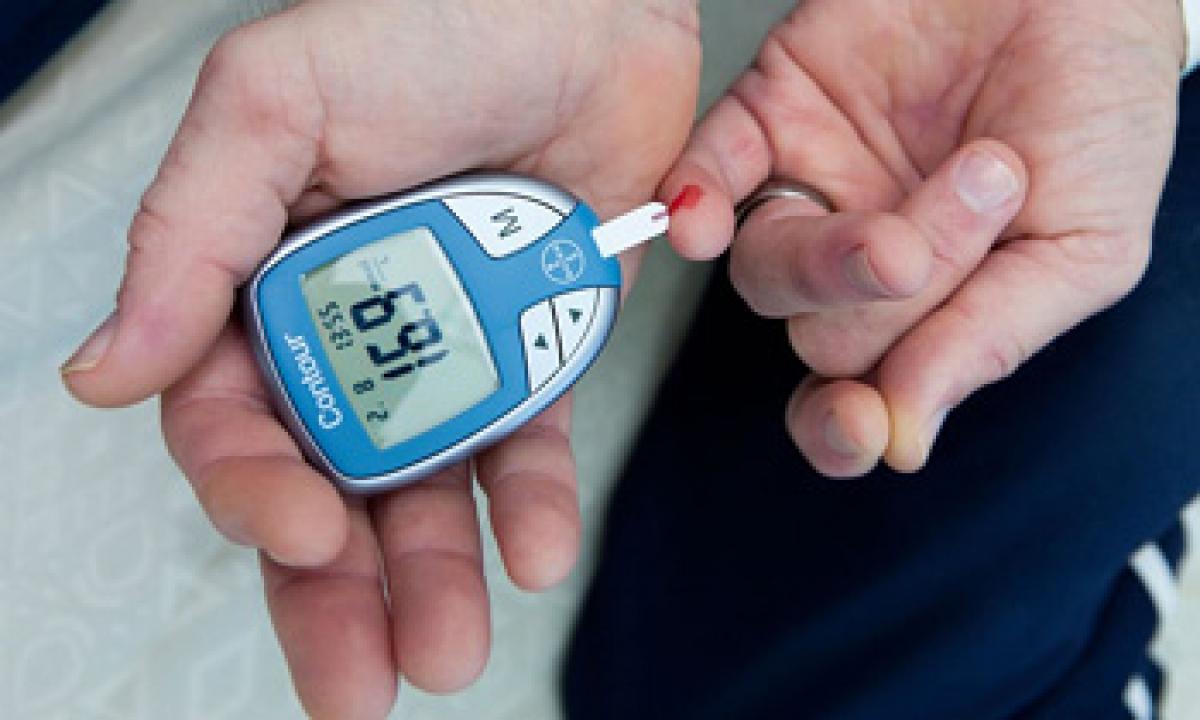Live
- Adding zing to electioneering
- Hyderabad Comic Con 2024 Concludes
- Maha battle fluid: All keep their fingers crossed
- Five PHC staff placed under suspension
- New TTD Trust Board to meet in Tirumala today
- Drone survey held for laying smart roads
- MyVoice: Views of our readers 18th November 2024
- It’s time to defeat betrayers: Revanth in Maharashtra
- Committees formed, assigned tasks
- Let law and order be in sole domain of union!
Just In

Women who began having menstrual cycles at a younger age are at a greater risk of developing gestational diabetes that can cause babies to develop Type-2 diabetes, reveals a study.
Women who began having menstrual cycles at a younger age are at a greater risk of developing gestational diabetes that can cause babies to develop Type-2 diabetes, reveals a study.
The study focuses specifically at menarche -- beginning of puberty and myriad hormonal changes in the body -- and gestational diabetes -- that begins or is first recognised during pregnancy, the researchers said.
Early menarche is also associated with higher levels of estrogen in adulthood, and other hormone imbalances are associated with an increased risk of gestational diabetes, the study said.
When menarche began at age 11 compared to age 14, women had a 39 per cent higher risk of developing gestational diabetes, the study showed.
"This new finding could mean that doctors will begin asking women when they had their first period to determine their risk of developing gestational diabetes,” said lead author Liwei Chen, assistant professor at the Clemson University in South Carolina, US.
Those affected may represent a high-risk population and should be targeted for prevention programs, the researchers warned. Gestational diabetes affects up to seven percent of pregnant women.
An increased risk, although lower, also occurred when menarche began at 12 and 13, the findings, published in the journal Diabetes Care, revealed.
Good weight control before pregnancy might help to reduce the gestational diabetes risk among those women, the researchers suggested. The study followed more than 27,000 women enrolled in the Nurses' Health Study II.

© 2024 Hyderabad Media House Limited/The Hans India. All rights reserved. Powered by hocalwire.com







